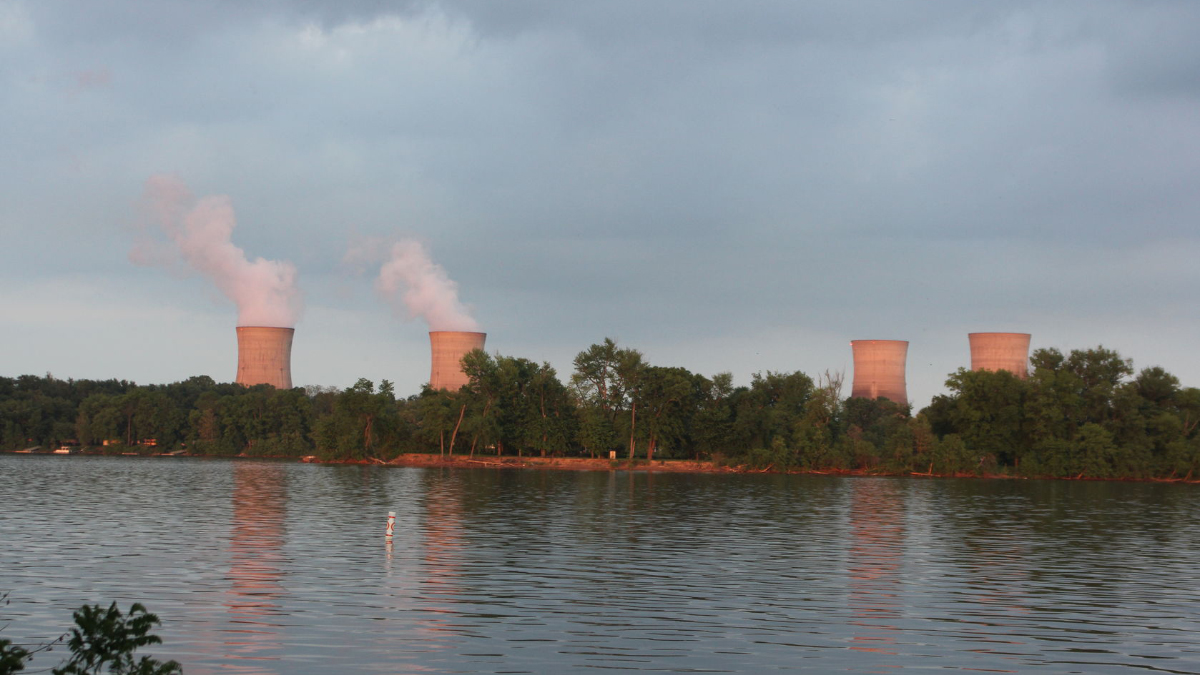Three Mile Island, the nuclear reactor in Londonderry Township, partially melted down on March 28, 1979. Memories of that accident go a long way toward explaining why nuclear power’s share of U.S. electricity-generating capacity is expected to decline from 20 percent today to 11 percent by 2050.
The American nuclear-power fleet is aging, and most of the existing plants are one or two generations behind the global technology curve. A growing number of them are unprofitable.
The recent bankruptcy of Westinghouse, the nation’s last remaining manufacturer of large reactors, and huge cost overruns at nuclear plants being built in Georgia and South Carolina illustrate the challenges facing the nuclear industry.
Within the past two years, owing to competition from cheap natural gas and wind energy, six nuclear plants have closed, utilities have announced that another eight plants will be retired prematurely over the next few years, and many others are considered at high risk of being shut down.
Among those in jeopardy are TMI, Beaver Valley and Susquehanna, which account for nearly half of Pennsylvania’s nuclear-generating capacity.
Not to be deterred by nuclear power’s uncertain future, Exelon, the nation’s largest nuclear utility, wants Pennsylvania’s state legislature to subsidize the company’s beleaguered TMI plant.
For the third year in a row, because of its competitive disadvantages TMI failed to clear the annual auction conducted by regional grid operator PJM to determine which power plants will be needed three years from now to supply electricity to all or some areas of 13 states plus the District of Columbia. Unless subsidies from ratepayers and taxpayers are forthcoming, Exelon says it’s prepared to shutter TMI in 2019.
That bailout is a bad idea. And the tab nationwide is monumental, requiring subsidies running from $8 to as much as $44 per megawatt hour (or 1,000 kilowatt hours) of electricity produced, according to two recent studies.
Keeping old, distressed nuclear facilities from shutting down will raise the cost of electricity to consumers, delay the transition already underway to natural gas, and make it more difficult for new nuclear technologies to enter the marketplace.
If nuclear power has merit—and I believe it does—government subsidies won’t be needed. On the horizon is a new generation of emission-free small modular and advanced nuclear reactors, which are expected to be competitive with natural gas and renewables.
Exelon is spearheading the campaign for subsidies in Pennsylvania, using nuclear power’s value in carbon mitigation as justification, just as it did in Illinois and New York State.
The Illinois Legislature approved a bill that provides Exelon a $235 million annual credit in each of the next 13 years. New York’s subsidy will extend over the next 12 years, costing upward of $6 billion. Similar measures failed to pass in Ohio and Connecticut.
Nuclear power is not the only source of clean energy. A dramatic shift from coal to natural gas has brought the nation’s carbon emissions from electricity production to their lowest level since the early 1990s.
And the case for natural gas isn’t limited to environmental improvement. Landowners in rural Pennsylvania are reaping huge economic benefits from shale production. Cabot Oil & Gas Corp. recently announced that more than $1 billion has been paid in royalties to landowners in Susquehanna and Wyoming counties; nearly $500,000 has been paid out in signing bonuses since Cabot began shale operations in 2006. And those are payments from just a single company.
Pennsylvanians would benefit from market- and merit-based solutions to energy challenges. Energy sources should compete on a level playing field. It is erroneous to think that anyone other than Exelon will be better off if TMI is put on life support.
Rather than keeping unprofitable nuclear plants going, Pennsylvania would be best served by competitive power markets. And that includes reactors using advanced technologies that are inherently safer and make more cost-effective use of nuclear fuel than in the past. What the state doesn’t need—and can’t afford—are subsidies for aging and distressed nuclear plants that saddle consumers with high electricity rates.
The moral is: Allow market signals to determine efficient power-generating sources without government interference.











